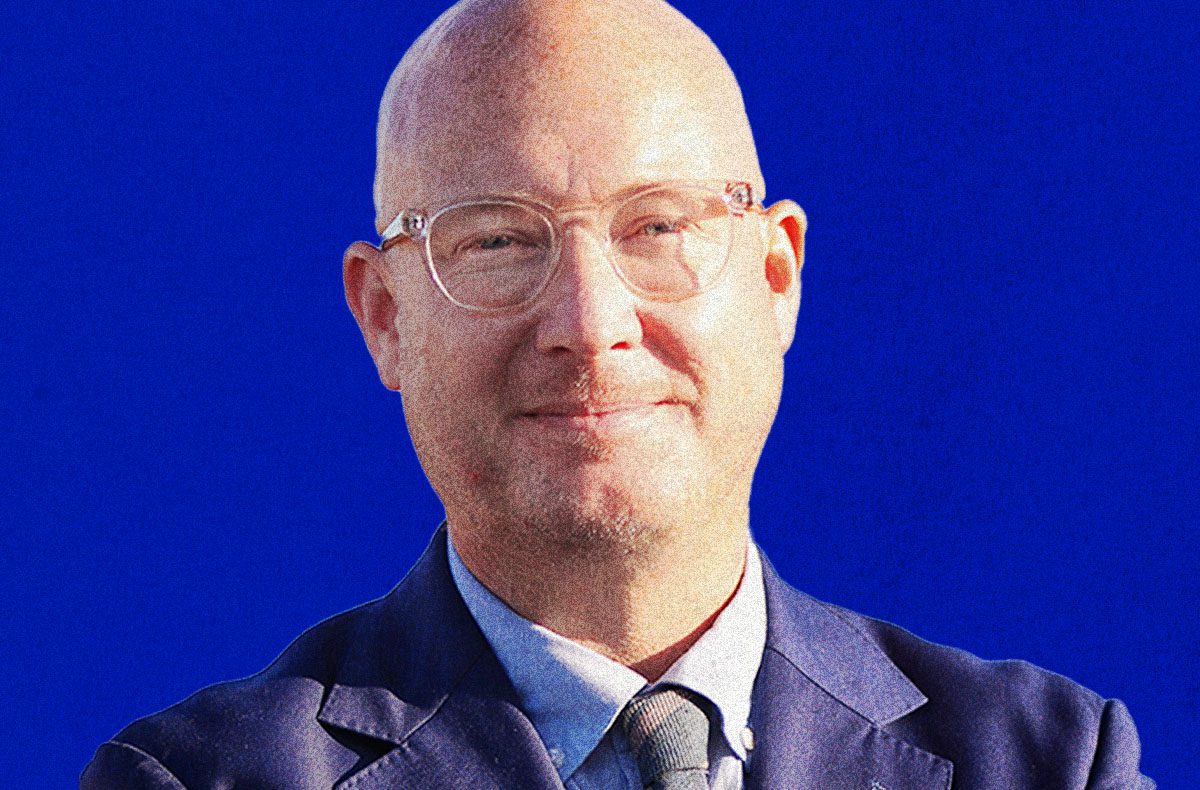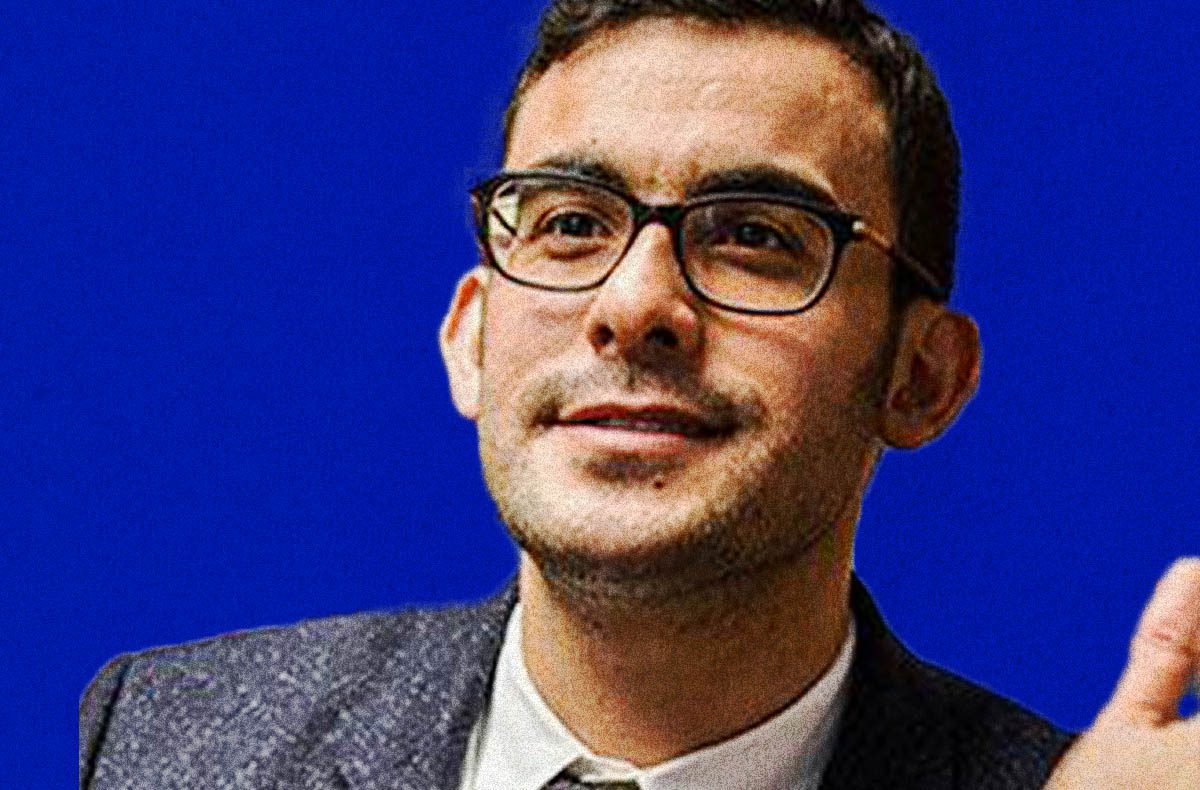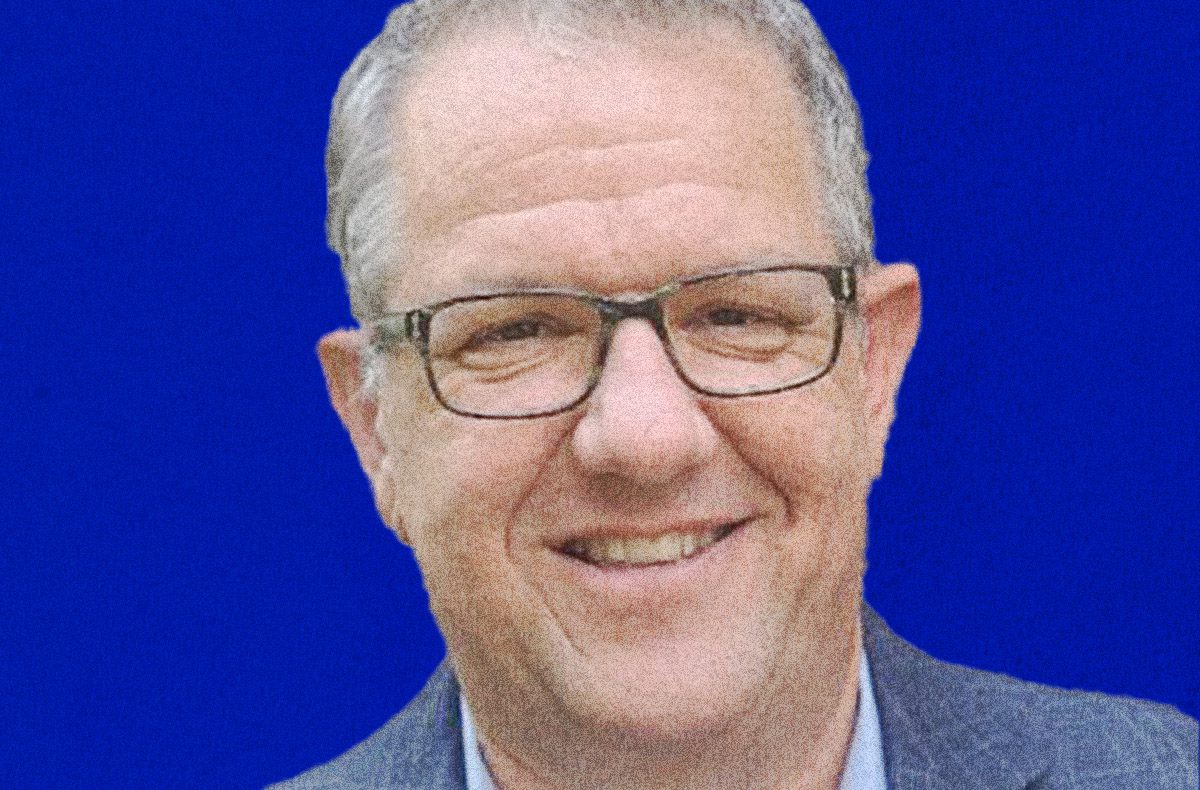
In a court of law, a defendant is presumed innocent until proven guilty. But before the case even goes to the jury, it must pass the scrutiny of a judge, who decides, as a matter of fact and law, whether it should have been brought in the first instance.
The court of public opinion does not operate like that—accusations and convictions can occur in the same news cycle.
It is not a rush to judgment but a stampede. Absolute denials cannot hope to put a damper on salacious and false allegations, particularly when they are printed on pleading paper and protected against defamation claims by the litigation privilege.
The case of Leon Black
On June 1, 2021, Guzel Ganieva and her lawyers filed a lawsuit against Leon Black, the former Chair and CEO of Apollo. The allegations were lurid, and subsequent amended complaints were even more lurid. The rush to report every last one in the media was incredible.
Last May, an appellate court ruled that many of these allegations were irrelevant and served no purpose other than to humiliate and tarnish Mr. Black, and ordered them stricken from the complaint. All of the claims were dismissed last month, after two years in which Mr. Black was regularly tagged as an accused rapist because of a case that never should have been brought in the first instance.
But the damage was done.
I discussed the case on my podcast, No Holding Back, with my co-counsel, E. Danya Perry. Mr. Black spent thirty years building a company that employed thousands of people, created a foundation that has done pathbreaking cancer research, and has been a major supporter and leader in the arts. Then came two years of tabloids and tweets, of hundreds of stories repeating lurid allegations with no support as a matter of fact or law. Mr. Black, a philanthropist and financier of first rank, had been sullied by claims that were a total fabrication. His family suffered alongside him. Danya and I did our best to fight back.
But the truth has always been a slow starter when faced with titillating and outrageous gossip—not to mention an organized and litigious campaign bent on peddling it. The advent of social media and of today’s cancel culture have made it worse, weaponizing those who are out to erase others at lightning speed and greater force than before.
And just try to catch them.
In the Black case, our pleadings laid out the facts, showing that Ms. Ganieva texted Mr. Black to invite him over after several years of a consensual relationship on the night he supposedly raped her and texted her love to him the next morning; she later signed an agreement to keep their affair private in exchange for millions of dollars, which she happily accepted. Mr. Black had recorded conversations—evidence—that showed Ms. Ganieva was extorting him for money and never even mentioned sexual assault.
Media outlets refused to recognize this, and despite our vigorous defense, it took two painful years for a court of law to overturn the court of public opinion. No one falsely accused should have suffered the damage Mr. Black and his family did.
What can be done?
Lawyers play a role. We are officers of the court. The same principles which provide a privilege for litigation should lead us to screen complainants so that we are not enabling our clients to defame others. How we use the press to advance our causes should also be carefully considered.
Second, the media should scrutinize complaints when a person’s reputation hangs in the balance. And they should do this before they simply “report” charges, and write clickbait headlines that live forever in a digital world.
Third, there are special dangers when the allegations involve sexual misconduct. Rape is, as it should be, a powerful charge. I say that as a victim who crawled out of an alley more than forty years ago and learned the hard way that the system wrongly victimized rape victims a second time. My mother told me not to tell anyone because no decent man would ever have me. I told anyone in a position to change things, and have faced death threats ever since.
The “Me Too” movement reflects the long overdue commitment to support victims of sexual assault, which I strongly believe in and support, as does my client. But the effort to empower women can be abused, as Danya and I both recognize, and used as a weapon against innocent men, and when it is, real victims suffer the backlash. It is in all of our interest to avoid the stampedes which not only destroy reputations, but undermine the movement for reform.
Finally, it is important not to give up. There is no proof that women lie about rape more than men lie about other crimes. But guilt should never be presumed in the absence of hard evidence.
The great American humorist Mark Twain is said to have remarked, “A lie can travel halfway around the world before the truth can get its boots on.” In the modern world, lies move even faster. We must evolve into a system of law, journalism, and public discourse where the stampede toward judgment can be slowed to a walk, if not stopped in its tracks, and the exoneration takes on more importance than the allegation.



